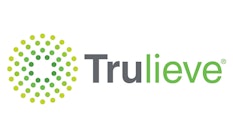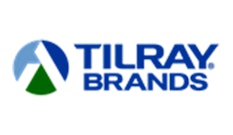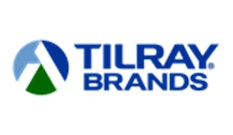
Washington, D.C. Mayor Muriel Bowser and the D.C. Department of Health announced an emergency rule April 14 that temporarily allows medical cannabis dispensaries to provide delivery and curbside pickup services to their patients, according to The Washington Times.
The new rule takes effect immediately and will remain in effect for 120 days or until 45 days after the public health emergency ends, whichever comes first, the news outlet reported.
Medical cannabis dispensaries have been classified as health care facilities and deemed essential businesses under Bowser’s order in response to the COVID-19 pandemic.
D.C. joins several states, including Ohio, Oregon and Nevada, in allowing dispensaries to offer delivery and/or curbside pickup options in response to the coronavirus.























